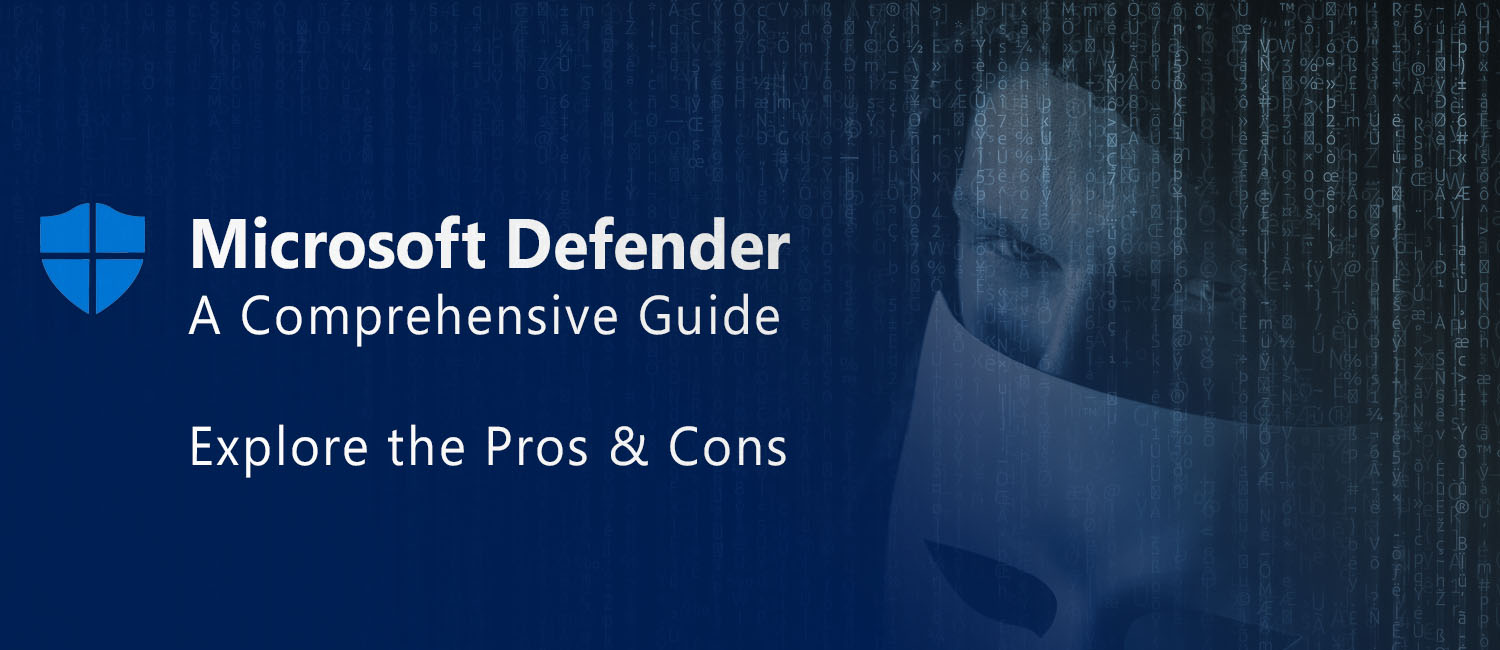
Microsoft Defender: A Comprehensive Guide.
Microsoft Defender is a suite of security tools that protects your Windows devices from various threats, such as malware, ransomware, phishing, and network attacks. In this blog post, we will explore the pros, cons and features of Microsoft Defender in detail, and also provide a relevant use case to demonstrate its capabilities.
InLigo’s Free Secure Score is a powerful tool that can help safeguard your company from potential cyber threats. By assessing your current security posture and identifying areas of vulnerability, this tool provides valuable insights and recommendations for improving your organization’s overall security.
With InLigo’s Free Secure Score, you can proactively take steps to protect your company’s data and assets, ensuring peace of mind for you and your customers.
Pros of Microsoft Defender
- It is built-in and integrated with Windows 10 and 11, so you don’t need to install or update it separately. It also works well with other Microsoft products and services, such as Microsoft 365 and Azure.
- It is free and does not require any subscription or license fees. You can use it on as many devices as you want, as long as they are running Windows 10 or 11.
- It offers comprehensive protection for your devices, covering multiple layers of security, such as antivirus, firewall, device encryption, parental controls, web filtering, and more. It also uses cloud-based intelligence and machine learning to detect and block new and emerging threats.
- It is easy to use and manage, with a simple and intuitive user interface. You can access and configure all the settings and features from the Windows Security app or the Microsoft Defender Security Center portal. You can also use PowerShell commands or Group Policy settings to customize and automate your security policies.
- It is compatible and respectful of your privacy. It does not interfere with other antivirus programs or security software that you may have installed on your devices. It also does not collect or share any personal or sensitive data from your devices without your consent.
Features of Microsoft Defender
Microsoft Defender has several features that provide different types of protection for your devices. Here are some of the main features and what they do:
- Microsoft Defender Antivirus: This is the core feature that scans your files and processes for any malicious code or activity. It uses real-time protection, cloud-delivered protection, behavior monitoring, and heuristic analysis to detect and block known and unknown threats. It also allows you to perform manual scans, schedule scans, exclude files or folders from scanning, and review scan results and history.
- Microsoft Defender Firewall: This is the feature that monitors and controls the network traffic on your devices. It uses rules and profiles to allow or block incoming and outgoing connections based on their source, destination, protocol, port, application, etc. It also integrates with Windows Network Protection to prevent unauthorized changes to your firewall settings by malicious apps or programs.
- Microsoft Defender Device Encryption: This is the feature that encrypts your device’s hard drive or storage using BitLocker technology. It prevents unauthorized access to your data in case your device is lost, stolen, or compromised. It also allows you to manage your encryption keys and recovery options using a Microsoft account or a recovery key.
- Microsoft Defender SmartScreen: This is the feature that protects you from malicious websites, downloads, and attachments. It uses reputation-based analysis and cloud-based intelligence to warn you about any unsafe or suspicious content that you may encounter online. It also integrates with Microsoft Edge browser and Outlook email client to provide additional protection and guidance.
- Microsoft Defender Family Safety: This is the feature that helps you monitor and manage your children’s online activities and device usage. It allows you to set up accounts for your children, create screen time limits, block inappropriate websites and apps, track their location and activity history, and more. It also provides reports and insights to help you understand their online behavior and habits.
Use Case of Microsoft Defender
To illustrate how Microsoft Defender works in practice, let us consider a hypothetical use case of a user named Alice who owns a Windows laptop.
Alice uses her laptop for both personal and work purposes. She browses the web frequently for news, entertainment, shopping, and social media. She also uses her laptop to access her work email, documents, and applications.
One day, Alice receives an email from an unknown sender with an attachment that claims to be an invoice for a purchase she made online. She is curious and decides to open the attachment, without checking the sender’s address or the file name.
As soon as she opens the attachment, Microsoft Defender Antivirus detects a malicious code in the file and blocks it from running on her device. It also alerts Alice about the threat and advises her to delete the file and scan her device for any other infections. Alice follows the instructions and deletes the file. She also runs a full scan on her device using Microsoft Defender Antivirus. The scan results show that her device is clean and no other threats were found.
Alice is relieved and thankful that Microsoft Defender Antivirus protected her device from a potential ransomware attack. She also learns a lesson to be more careful and vigilant when opening emails and attachments from unknown sources.
Conclusion
Microsoft Defender is a powerful and reliable security suite that provides comprehensive protection for your Windows devices. It has many pros, such as being built-in, free, easy to use, and compatible with your privacy. It also has some cons, such as not having some advanced features or options, or not being suitable for some environments or scenarios. It also has several features that cover different types of security, such as antivirus, firewall, device encryption, SmartScreen, and Family Safety. It also has a use case that shows how it can protect your device from a ransomware attack.
If you are looking for a security solution for your Windows devices, you may want to consider Microsoft Defender as an option. It may not be perfect, but it is certainly effective and convenient. You can learn more about Microsoft Defender and how to use it from the official website or the support page. You can also share your feedback or suggestions with Microsoft through the feedback hub or the community forum.

